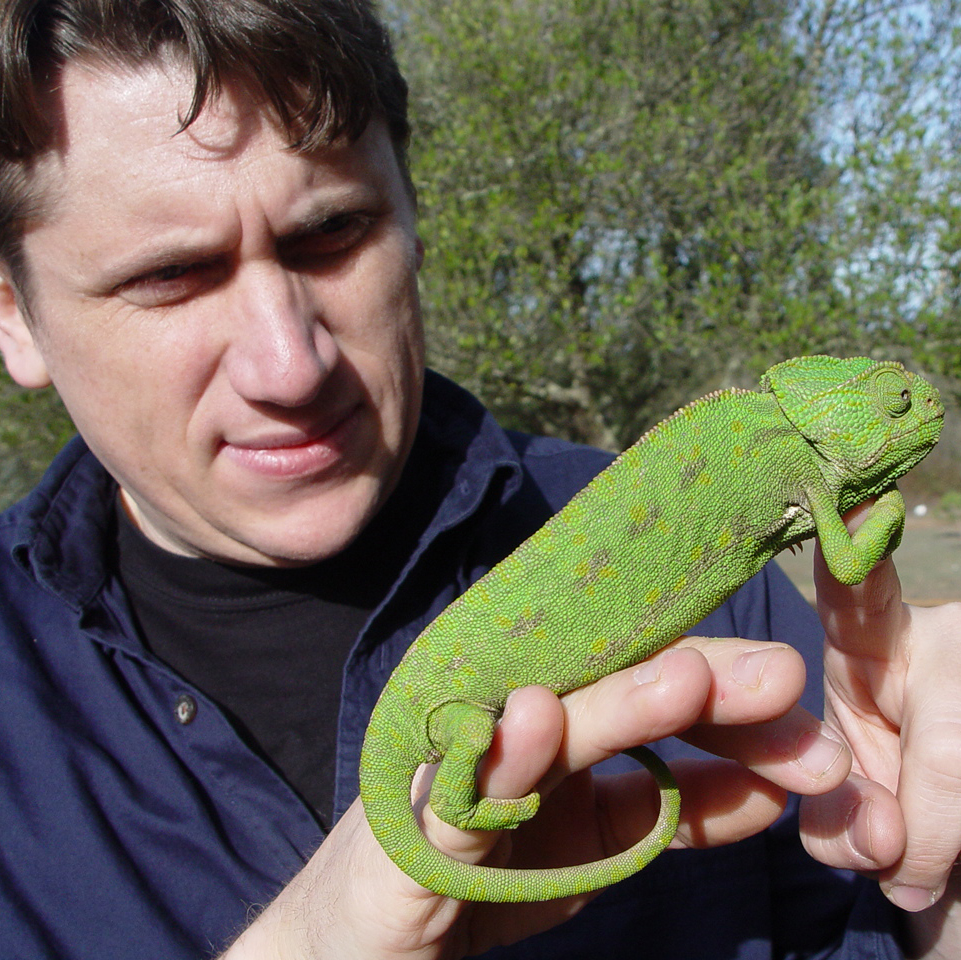
John J. Wiens is a Professor in the Department of Ecology and Evolutionary Biology at the University of Arizona. Prior to coming to Arizona in 2013, he was a professor in ecology and evolution at Stony Brook University in New York (2003–2012) and before that a curator of herpetology at the Carnegie Museum of Natural History in Pittsburgh (1995–2002). He obtained his Ph.D. at the University of Texas at Austin (1995), and his B.S. at the University of Kansas (1991), studying systematics of reptiles and amphibians. He grew up in Colorado, U.S.A. He has published >250 scientific papers and has served as an Associate Editor for several journals (e.g. American Naturalist, Ecography, Ecology Letters, Evolution, Systematic Biology) and as Editor-in-Chief of the Quarterly Review of Biology. He studies many topics in evolutionary biology, ecology, and conservation, including the evolutionary origins of species richness patterns and the impacts of climate change.
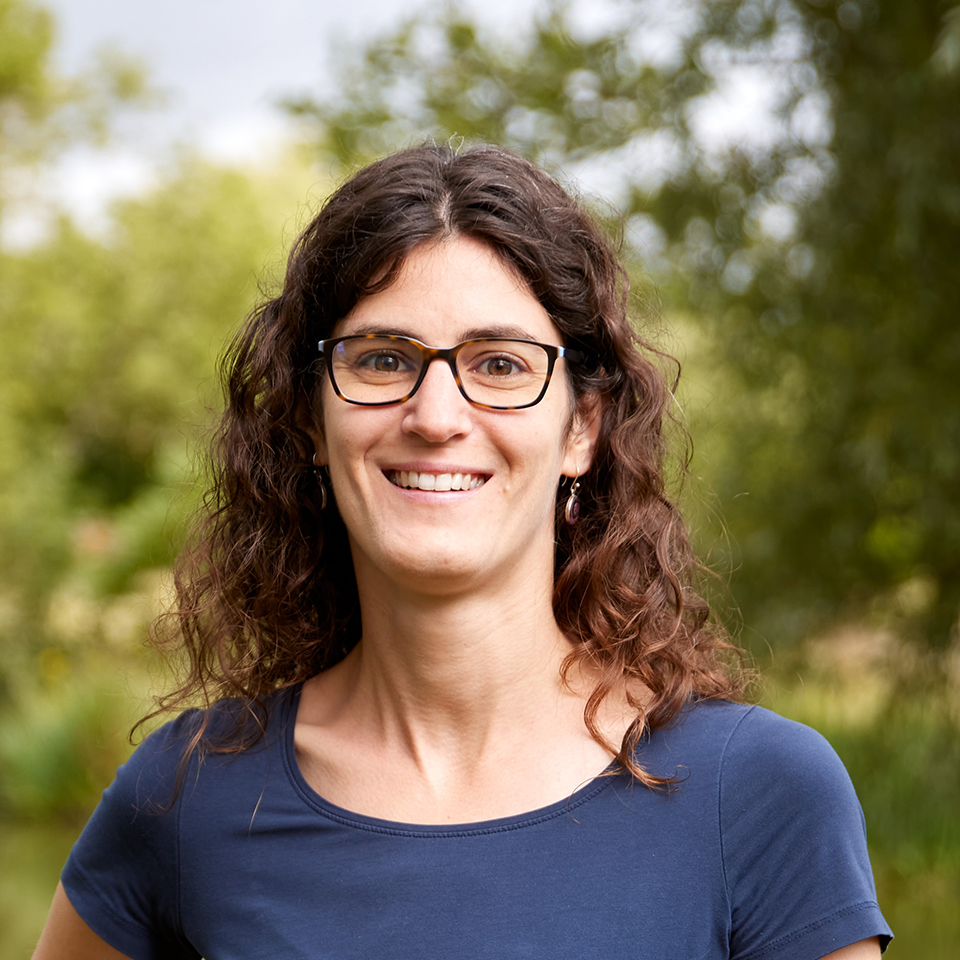
Joana Meier studies why the species richness is so unevenly distributed across the tree of life, particularly how hybridisation and chromosomal rearrangements affect rapid species radiations. After a PhD and postdoc at the University of Bern in Switzerland on cichlid fish speciation, she held two concurrent fellowships at the University of Cambridge in the UK, working on butterfly speciation. Since 2022, she has been leading a group at the Wellcome Sanger Institute, combining a group leader position with a Royal Society URF. Her research team focuses on rapid speciation in butterflies and peacock spiders, and she also leads large collaborative sequencing projects like Project Psyche – sequencing reference genomes of all Lepidoptera found in Europe.
https://www.sanger.ac.uk/group/meier-group
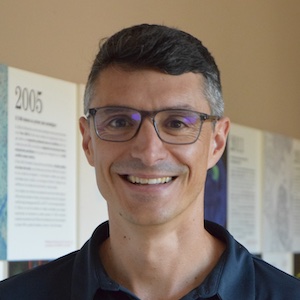
n the Plasmid Biology and Evolution (PBE) lab we are interested in the evolutionary forces that drive plasmid dynamics in bacterial populations. Plasmids play a crucial role in bacterial ecology and evolution because they can transfer genes horizontally between different bacteria. The most striking example of how plasmids drive bacterial evolution is the global spread of plasmid-mediated antibiotic resistance over the last few decades. In our group we try to understand the population genetics of antibiotic resistance plasmids using advanced molecular and evolutionary techniques. Ultimately, we intend to apply the concepts that we learn from the study of the evolution of plasmid-mediated antibiotic resistance to develop more rational intervention strategies to control infectious diseases.
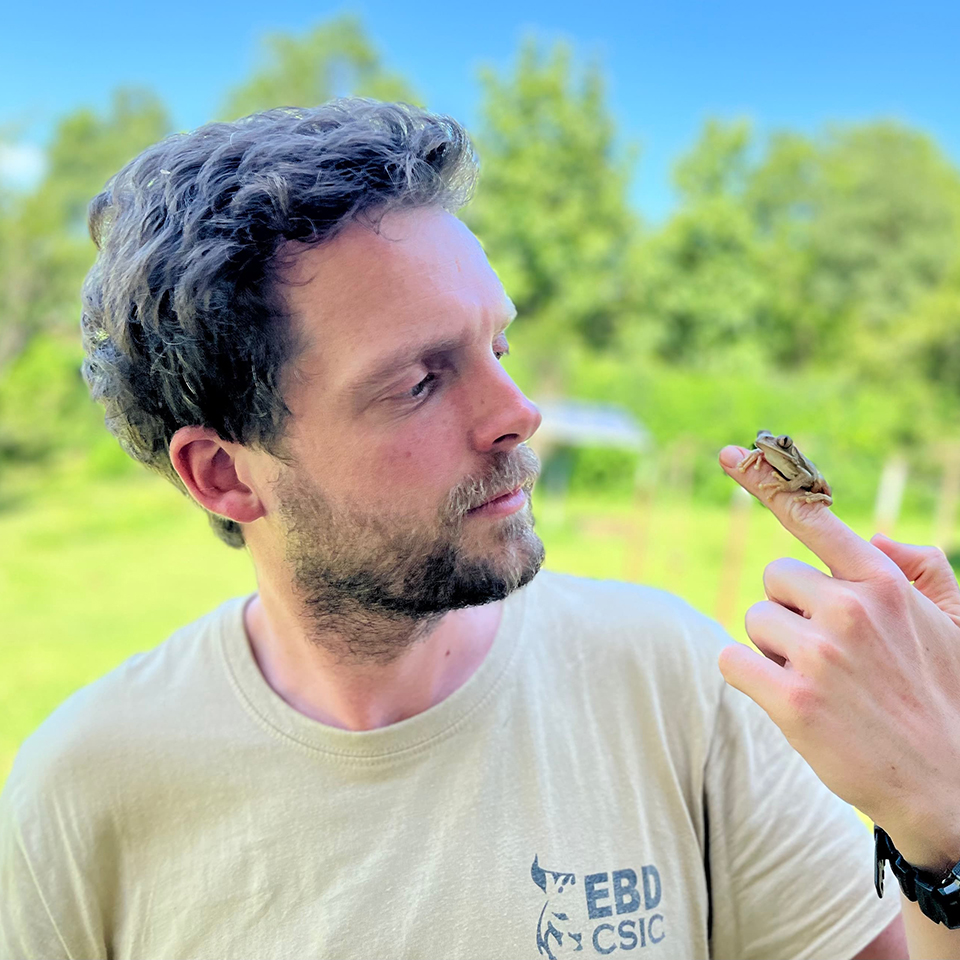
Christoph is a researcher at the Biological Station of Doñana – CSIC, in Seville. He is interested in the evolution of amphibian life history and development, specifically the origin and propagation of phenotypes and phylogenetic lineages. His research addresses evolutionary questions at different scales: looking both at interspecific phylogenetic patterns as well as the intraspecific molecular mechanisms that underlie and regulate phenotypes. As such his work spans different disciplines, including comparative phylogenetics, experimental ecology and genomics. Most recently, he is interested in how genomes are transcribed as functions of the environment to generate plastic phenotypes. As remnants of his PhD, he has maintained a keen interest in the systematics and biogeography of African amphibians as well.
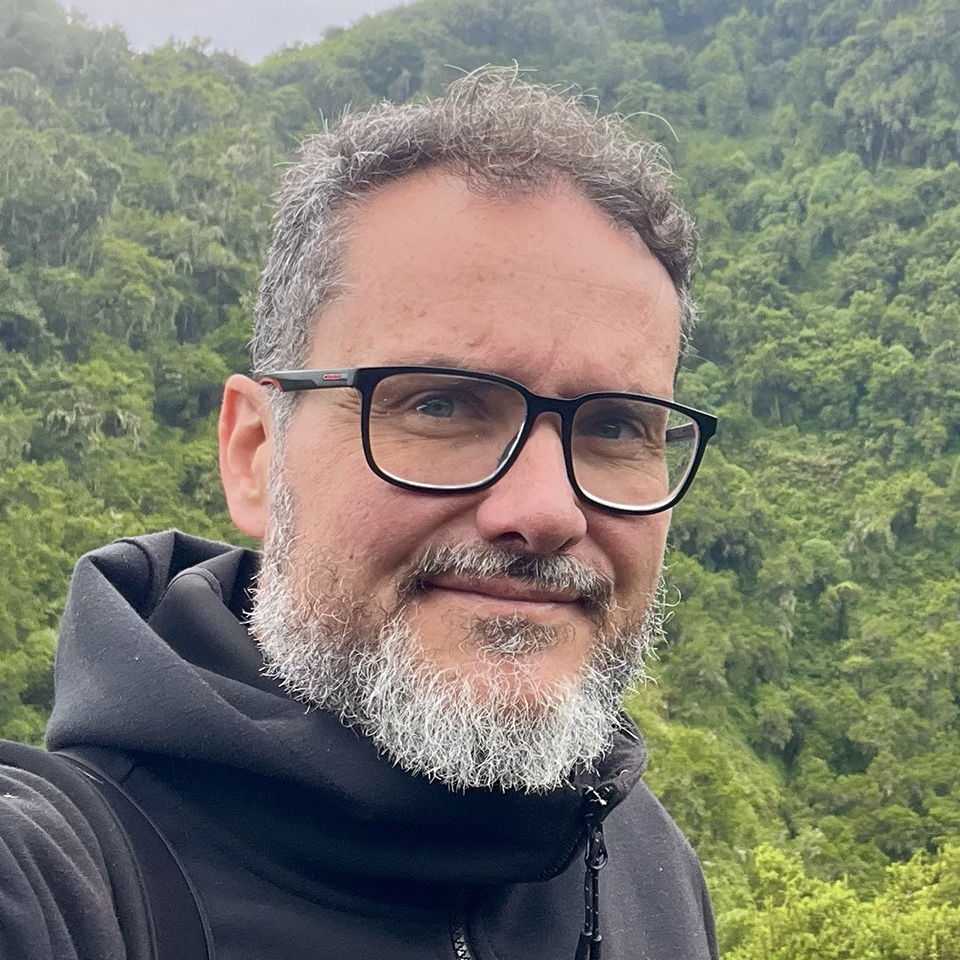
Joan Garcia-Porta is an evolutionary biologist interested in understanding how organisms persist, adapt, and diversify in novel environments. His research focuses on three main areas: adaptation to climate change, global-scale diversification, and evolution in insular systems. More recently, his work has turned toward understanding how behavioral and cognitive traits influence evolutionary processes. He combines molecular phylogenetics, functional morphology, spatial ecology, and genomics. He earned his degree in biology from the Autonomous University of Barcelona and completed his PhD at the Institute of Evolutionary Biology (CSIC–UPF). He has held research positions in Belgium, Australia, and the U.S. Since April 2023, he leads his own research group at the Universidad Complutense de Madrid, funded by the “Atracción de Talento Investigador” program from Comunidad de Madrid.
- Professional website and/or social media link
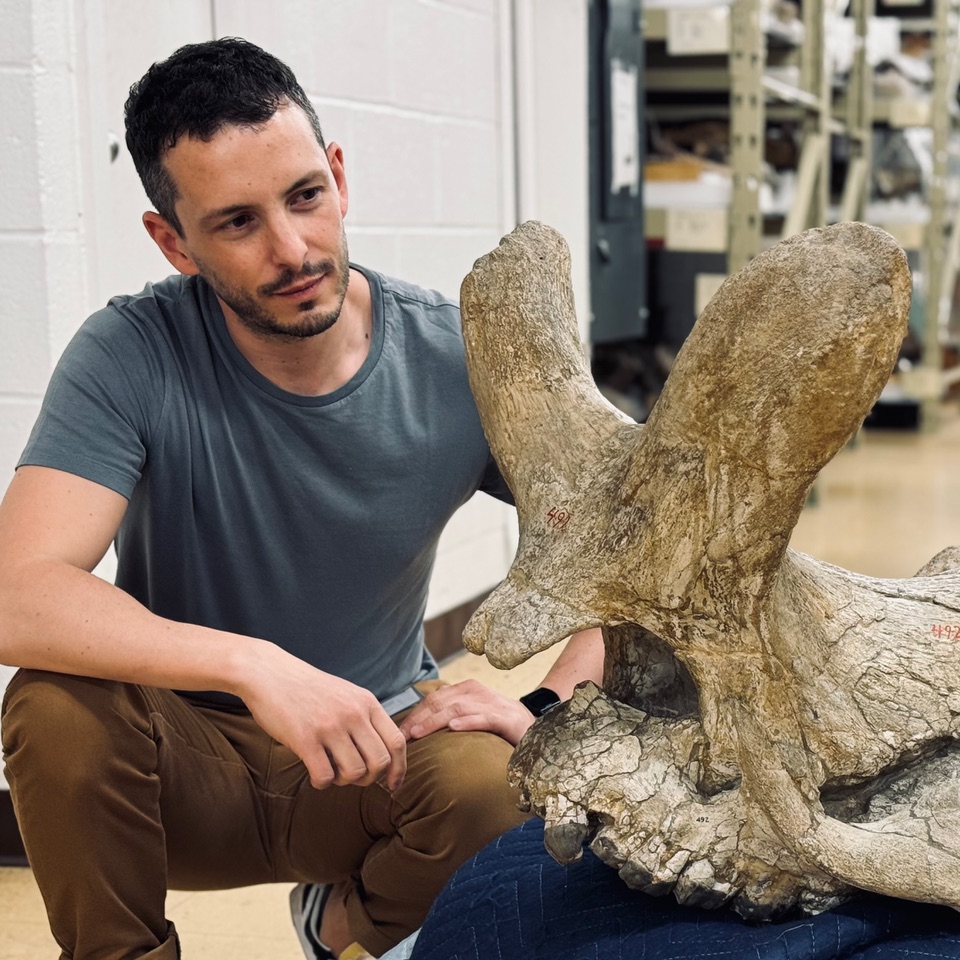
Juan L. Cantalapiedra is an evolutionary paleobiologist at the National Museum of Natural Sciences (MNCN-CSIC) in Madrid. His research centers on macroevolutionary patterns in mammals, with a focus on large terrestrial herbivores. He combines fossil data with phylogenetic and diversification models to investigate how phenotypic and ecomorphological evolution shape species proliferation and extinction. His work also addresses broad-scale patterns of faunal evolution, including the decoupling of taxonomic and ecological turnover and the long-term restructuring of trophic networks over tens of millions of years.
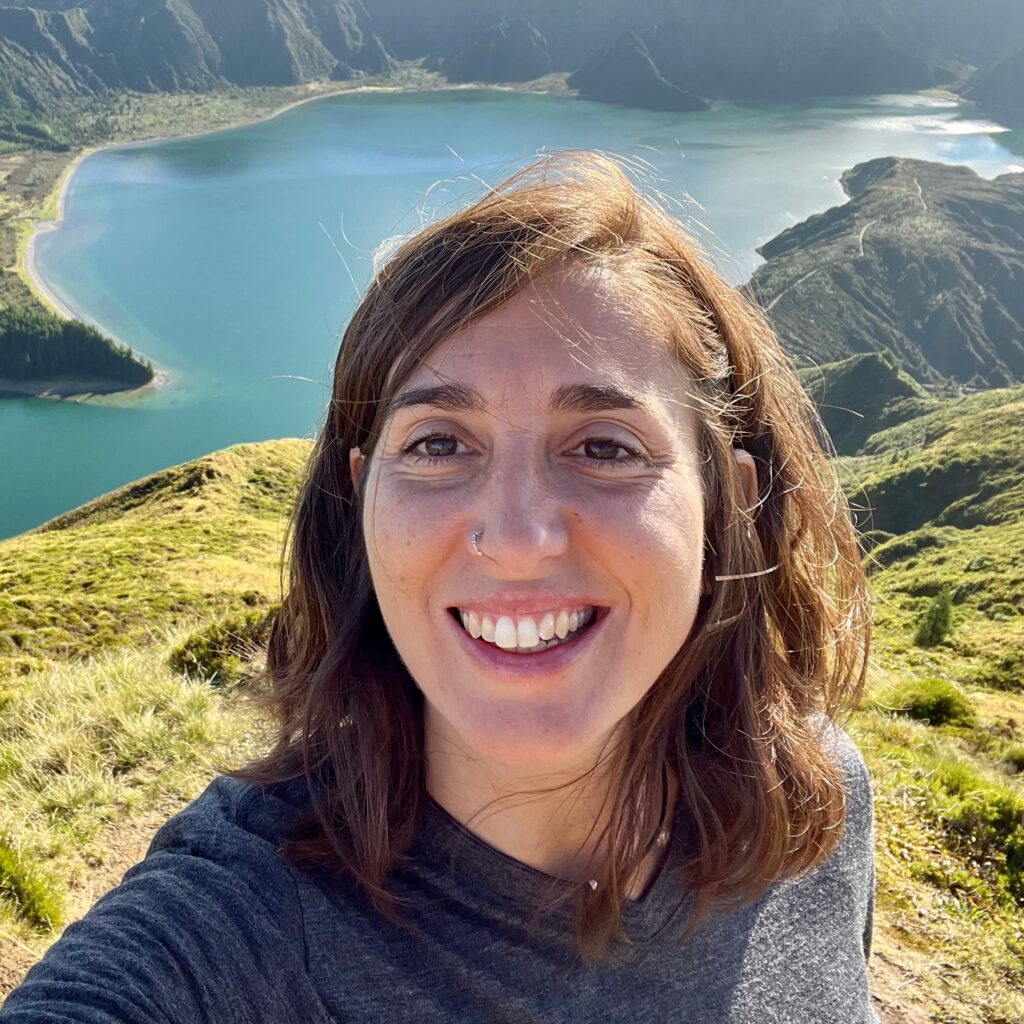
Aida is an evolutionary biologist at the National Museum of Natural Sciences (MNCN-CSIC) in Madrid. She studies the diversity and evolution of marine invertebrates, focusing on how novel traits arise, how evolution repeats itself across lineages and how molecular and cellular innovations shape biodiversity. Her research examines the genetic bases of convergent traits—such as venom and bioluminescence—investigating the genes, pathways and cell types that drive these adaptations and how they influence species diversification. She combines comparative genomics, transcriptomics, proteomics, phylogenetics and morphology with emerging -omics approaches, including single-cell RNAseq and spatial transcriptomics, to study novelty and convergence across multiple organization levels, from gene families, to cell types and tissues. She is currently using venomous ribbon worms as models to explore how novel venom cell types arise, how toxins evolve, and the broader evolutionary processes shaping functional convergence.
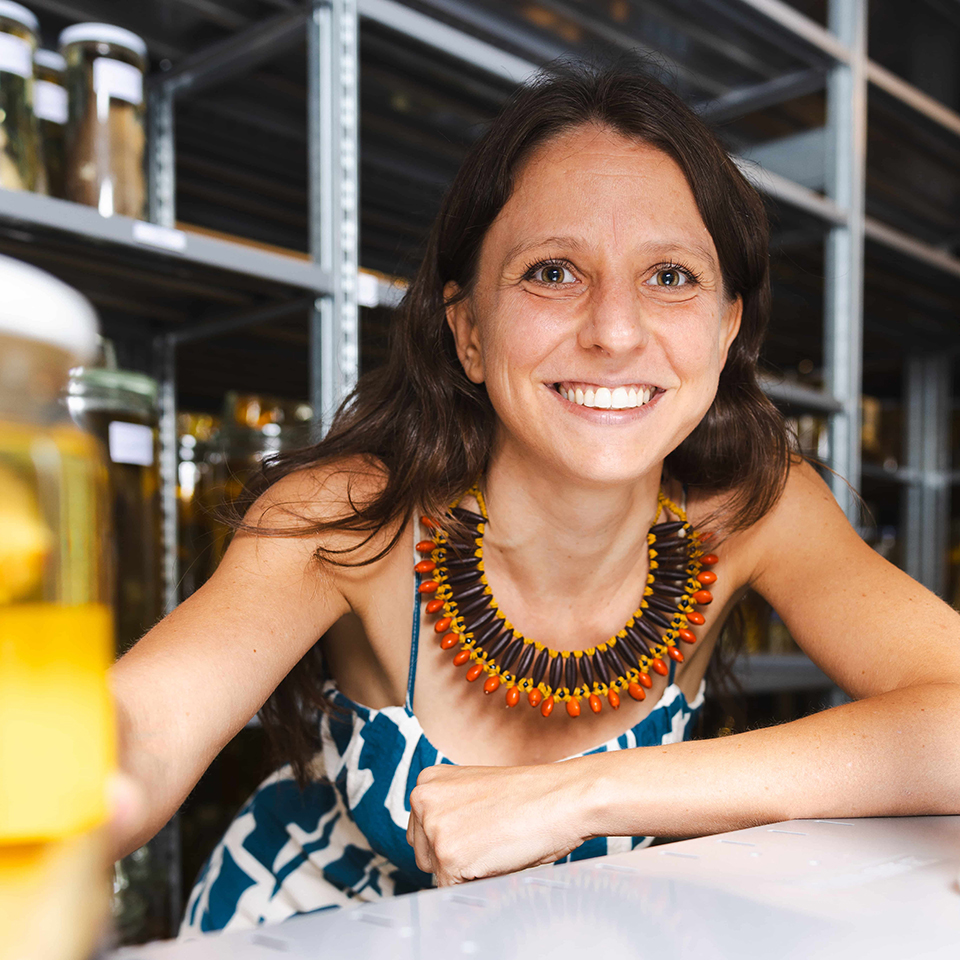
Anne-Claire Fabre is an evolutionary biologist and functional morphologist focusing on shape evolution in an ecological context across vertebrate systems. Her research on micro- and macro-evolution integrates a wide range of biological disciplines. She aims to understand the evolution of morphology in space and time in relation to its development, function, ecology, behaviour, and changes in the environment. To
do so, she integrates cross-disciplinary approaches such as functional morphology, evolutionary biology, behaviour, imaging, geometric morphometrics, biomechanics, phylogenetic comparative analyses, https://anne-claire-fabre.weebly.com/and spatial modelling on large comparative datasets coupled to the quantification of ecology of animals in their natural environment.



